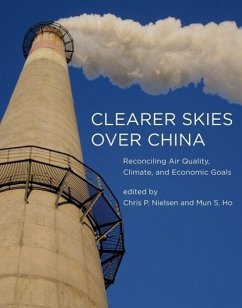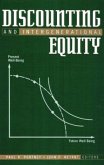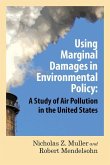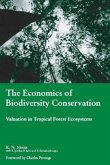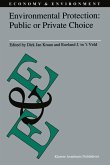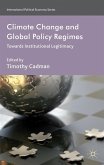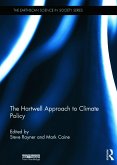China's carbon dioxide emissions now outstrip those of other countries and its domestic air quality is severely degraded, especially in urban areas. Its sheer size and its growing, fossil-fuel-powered economy mean that China's economic and environmental policy choices will have an outsized effect on the global environmental future. Over the last decade, China has pursued policies that target both fossil fuel use and atmospheric emissions, but these efforts have been substantially overwhelmed by the country's increasing energy demands. With a billion citizens still living on less than #4,000 per year, China's energy and environmental policies must be reconciled with the goals of maintaining economic growth and raising living standards. This book, a U.S.--Chinese collaboration of experts from Harvard and Tsinghua University, offers a groundbreaking integrated analysis of China's economy, emissions, air quality, public health, and agriculture. It first offers essential scientific context and accessible summaries of the book's policy findings; it then provides the underlying scientific and economic research. These studies suggest that China's recent sulfur controls achieved enormous environmental health benefits at unexpectedly low costs. They also indicate that judicious implementation of carbon taxes could reduce not only China's carbon emissions but also its air pollution more comprehensively than current single-pollutant policies, all at little cost to economic growth.
Bitte wählen Sie Ihr Anliegen aus.
Rechnungen
Retourenschein anfordern
Bestellstatus
Storno

